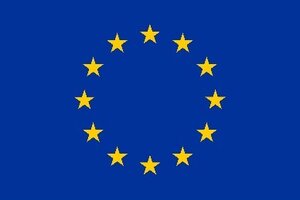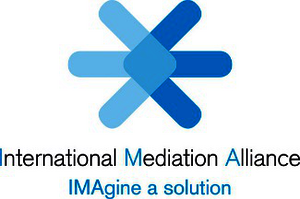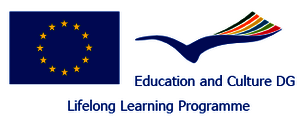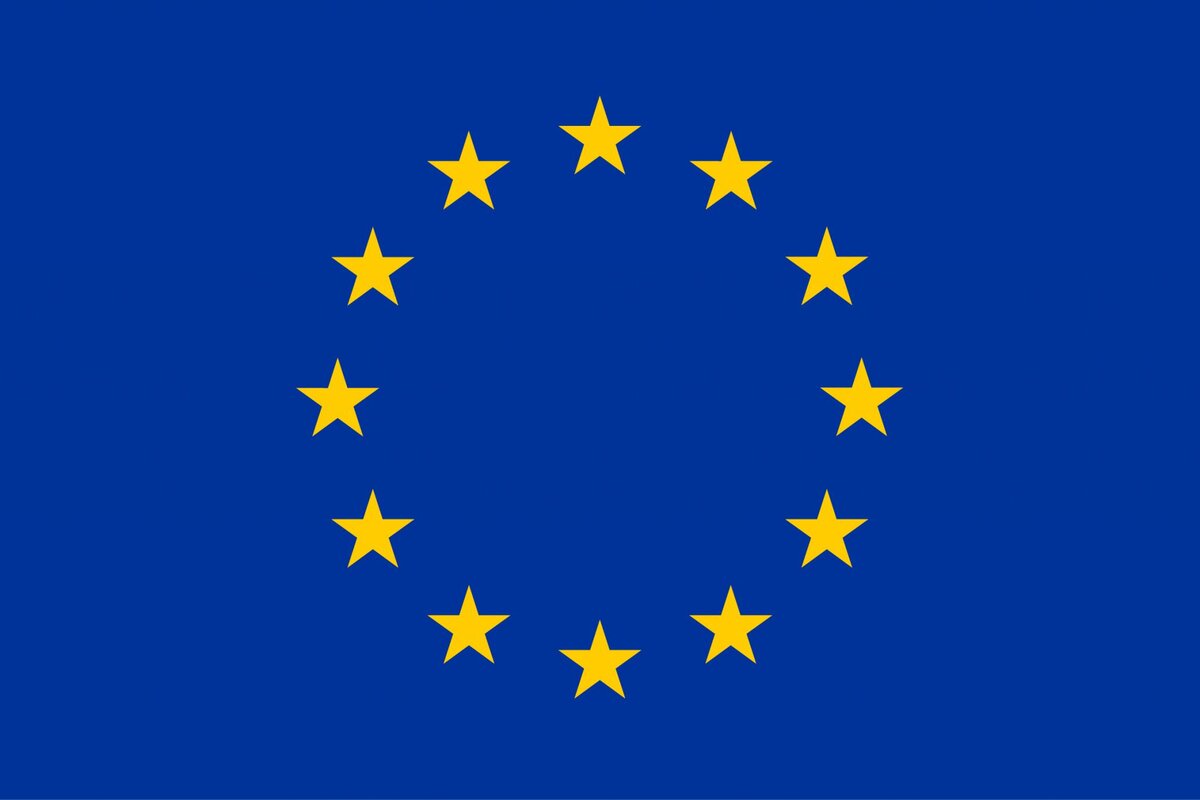The support of the EU Commission

Since the very beginning of the company, we have earned the trust of the EU Commission. We have so far worked on 5 EU-funded projects that have been partially or fully funded by the Commission. Be it a culturally complex conflict resolution at a high level in Europe, or the creation of uniform mediation standards across the continent, we have beeen pioneers in mediation projects with the support of the Commission and our valued partners.
Follow us on LinkedIn for updates on our project developments, announcements and mediation news.
InMEDIATE - International Mediators Trained in Europe
The EU Erasmus+ programme for establishing a European vocational profile for International Mediators
We are proud to announce the launch of ‘InMEDIATE – International Mediators trained in Europe’. The 30-month-project is fully funded by the ERASMUS+ programme of the European Commission, and has been developed by a consortium of multinational organisations.
InMEDIATE will provide mediation practitioners of EU-member states with specially designed trainings and a comprehensive set of certified qualifications, which enable them to act as international mediators in cross-border civil disputes. Further, the project will produce an online platform with learning resources freely and publicly available. Lastly, the experiences and learnings of this project will be combined into a toolkit for future replication.
The trainings will be provided free of cost to 36 mediation practitioners in several cohorts. We solicit the participation of interested mediators.
The kick-off meetings of the project were held online, respecting the current Covid-19 prescribed norms. Representatives of the Project Consortium partners laid down the roadmap for future task progression.
The project partners have extensive experience in education, mediation, training and certification. They have worked individually and jointly to deliver international projects in the past.
Background: Heterogenous national regulatory frameworks for mediation
Civil mediation in international disputes is yet to see an uptake, despite several past initiatives at EU level. One of the key challenges is the diversity in mediation training standards and qualifications across EU, making it hard for mediators to handle conflict dynamics and intercultural issues in cross- border civil disputes.
Through InMEDIATE, we aim to establish pan- EU standards related to mediation skills. The complimentary trainings, open-source information and freely available learning content would contribute to augmenting local, regional, national and cross-border mediation services.
InMEDIATE: Mission and Goals
- Promoting cross-border mediation, improving cooperation and networking in the field, fostering high quality standards in the mediation training system
- Designing, implementing, delivering and validating a learning outcomes- oriented training curriculum.
- Assimilating online education resources in a single platform and making them available for free public use
- Dissemination of knowledge and learning materials
- Creating tools to replicate the InMEDIATE certification system
Outcomes
- InMEDIATE Training Curriculum for International Civil Mediators
- InMEDIATE e-Platform
- Toolkit for replicability of InMEDIATE certification system
These project outcomes will be made publicly and freely available for use.
Target Audiences
- Mediation practitioners
A target group 36 experienced mediators will be trained with the InMEDIATE curriculum as the focus cohort. Thereafter, mediators of all experience levels and backgrounds can benefit from the project activities and deliverables - Legal professionals
Lawyers, notaries and other judicial figures - Academics and researchers
Interested in studying mediation as a subject - Decision makers
Local, regional, national and European level - EU citizens
Requiring mediation services or wishing to learn - Other relevant stakeholders
Potentially interested in adopting and replicating the
InMEDIATE training model - The Media
Interested in promoting mediation and cross-border conflict resolution
The EU project FOMENTO (promotion of mediation in cross-border civil and succession issues): 2017 to 2019
This pioneering project, which was co-financed by the European Commission under the Civil Justice Program, looked at cross-border estate brokerage and examined the impact of the EU inheritance law. Based on the study results of the project, training courses and a European mediation conference will be offered. Learn more about FOMENTO in the video.
With this project, we supported the EU directive on the use of mediation as a cost-cutting and time-efficient method for resolving cross-border conflicts. The main result here, combined with the findings of our previous EU project Leonardo da Vinci (2009-2011), was the International Mediation Alliance. The IMA is an association of leading European providers of mediation and intercultural management consultancy, whose expertise lies in solving cross-border conflicts.

We have worked to improve the training and qualification of mediators who specialize in intercultural cases and to create additional training and further education opportunities. For this exciting project we have teamed up with culture.communication (Germany) and Resolutia - Gestione delle Controversie (Italy).
In order to make a culturally competent conflict resolution in Europe available at a high level, the participating organizations developed a training concept for the qualification of experts in intercultural mediation. The experience of mediators and consultants in intercultural communication as authors and trainers of training concepts contributed to the interactive character of the training, in which the trainees' own mediation experience could be confronted with the knowledge and experience of the trainers.

The partnership contributed to the creation of a European network of mediators and increased the number of culturally sensitive mediators able to deal with cross-border conflicts, thereby supporting the goal of EU Directive 2008/52 / EC that the use of mediation as a alternative form of dispute promotes settlement of cross-border disputes.








